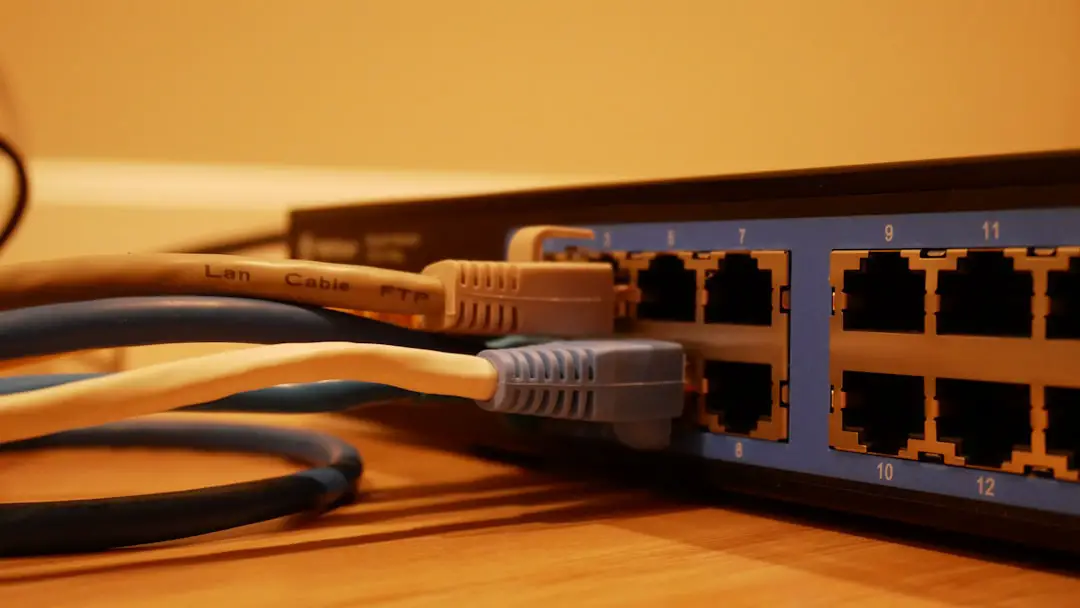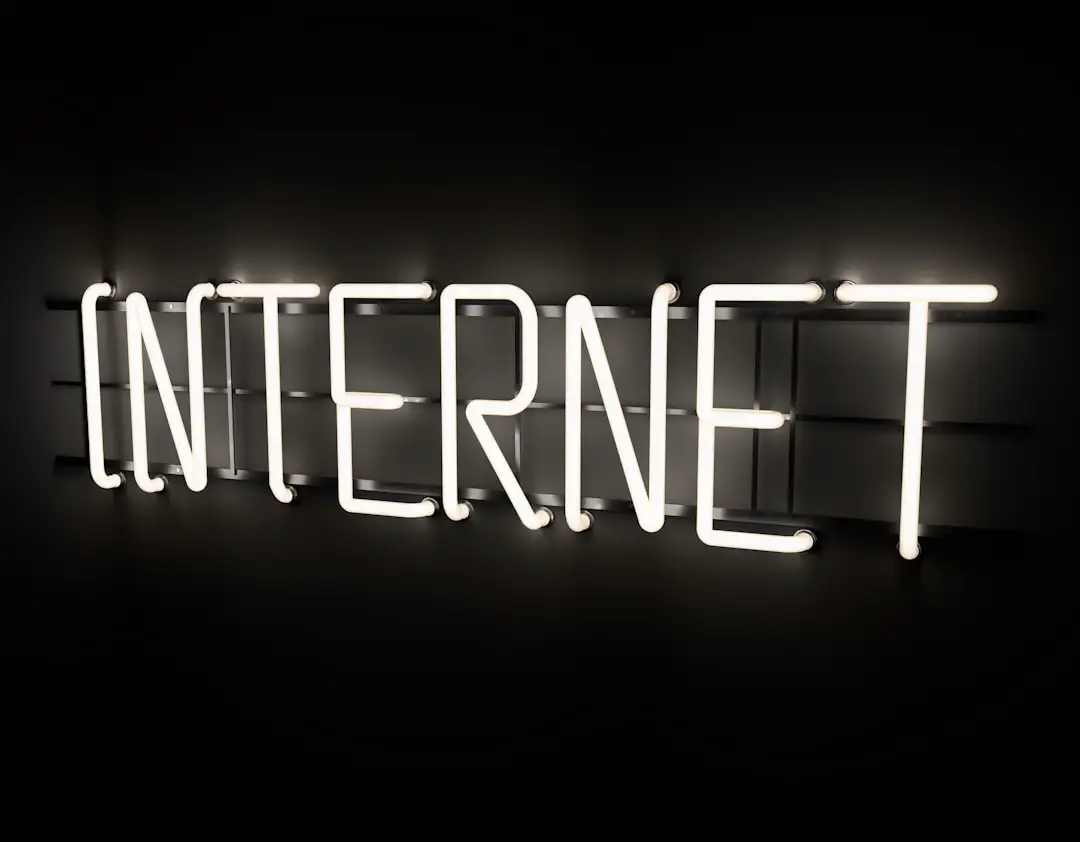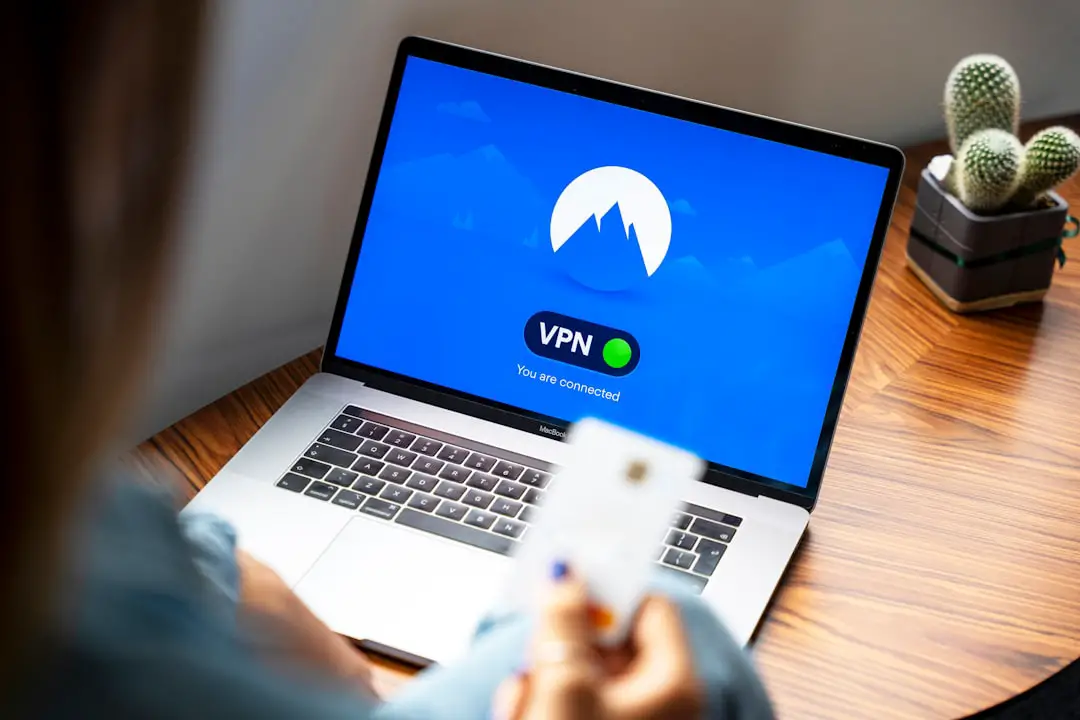Ever been watching your favorite show and suddenly—buffering! You check your connection. It says full bars, but it feels like the internet is stuck in 2002. What gives? You might be dealing with bandwidth throttling.
Let’s explore what bandwidth throttling is and how a VPN might just be your internet’s secret superhero.
What is Bandwidth Throttling?
It’s like this: your Internet Service Provider (ISP) sees you’re using a lot of data. Maybe you’re streaming, gaming, or downloading big files. They decide to purposely slow your speed down. This is called throttling.
Why do they do it?
- To reduce network congestion
- To save money on resources
- To “encourage” you to buy a pricier plan
Annoying, right? But here’s where a VPN comes in.
How a VPN Works
A VPN (Virtual Private Network) hides your online activity. It wraps your internet traffic in a secret tunnel and sends it to a different server before it reaches the internet.
That means your ISP can’t see what you’re doing. All they see is that you’re connected to a VPN.

So if they don’t know you’re streaming or gaming, they can’t decide to slow you down because of it.
Can a VPN Really Prevent Throttling?
Yes, but with some conditions.
ISPs throttle in different ways:
- Content-based throttling – They slow you down only when you’re using specific services like Netflix or YouTube.
- Data cap throttling – Once you go beyond a certain amount of data in a month, they slow everything down.
A VPN helps with the first one. Since your traffic is encrypted, your ISP can’t tell if you’re watching cat videos or attending a work Zoom call. So, they can’t throttle just the videos.
But if the ISP throttles based on total data usage, then a VPN won’t help. They still see how much you’re using, just not what you’re using it for.
Situations Where a VPN Can Really Shine
Here are a few times where a VPN might make your internet experience better:
- Streaming in peace – No more buffering right in the middle of a cliffhanger moment.
- Playing games online – Smooth gameplay without sudden lag spikes.
- Working from home – Video calls without awkward frozen faces.

But Wait—Do VPNs Have Downsides?
They do. VPNs can sometimes slow you down a little because your data takes a longer route. But many modern, high-quality VPNs are super fast. The little drop in speed is often worth avoiding ISP throttling.
Also, you have to choose a good VPN. Some free ones are slow or even sell your data. Kinda defeats the purpose, right?
Tips for Picking a Good VPN
- Look for a no-logs policy – This means they don’t keep any records of your activity.
- Choose one with fast servers – You’ll want smooth streaming and roaming.
- Read reviews – See what other users have to say.
So, Should You Use a VPN to Beat Throttling?
In many cases—yes!
If your ISP is targeting specific types of traffic like video or games, using a VPN can help keep your connection speedy and smooth. You can binge your shows, game with your buddies, and work stress-free.

Just remember, a VPN isn’t magic. It can’t help if your ISP simply gives everyone really slow internet or throttles based on total data use.
But if you want better control over how your internet feels and performs, it’s a pretty awesome tool to have in your digital toolbox.
Give it a try—you might finally say goodbye to endless buffering!
